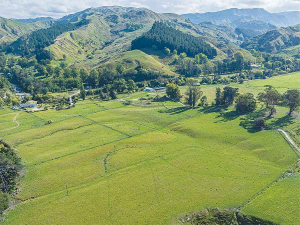Bay of Plenty Regional Council is offering free resource consents to landowners to move to the next stage of a plan change associated with reducing nitrogen leaching into Lake Rotorua.
The offer is available to landowners of properties over 40ha in the Rotorua catchment since July and closes on September 30, waiving estimated fees of about $1000. The recently adopted plan change 10 to the Regional Water and Land Plan introduced rules aimed to reduce on land the lost nitrogen that then enters the lake.
Bay of Plenty Regional Council chair Doug Leeder says to date 32 landowners have registered for a free consent.
“A fair majority of the farmers in our catchment have been well aware of the rules for some time. Some of them were instrumental in the development phase and just want to get on with it. Our environment won’t wait, so we want to help them do so.”
Most farms over 40ha will need resource consent. A requirement of the consent is to produce a nutrient management plan (NMP) that outlines how they will meet their nitrogen discharge allocation by 2032.
“We will pay for farmers to work with approved independent land use advisors to develop an NMP. We’re offering to help with the paperwork required by the rules so they can get on with the real work -- managing their farms.”











